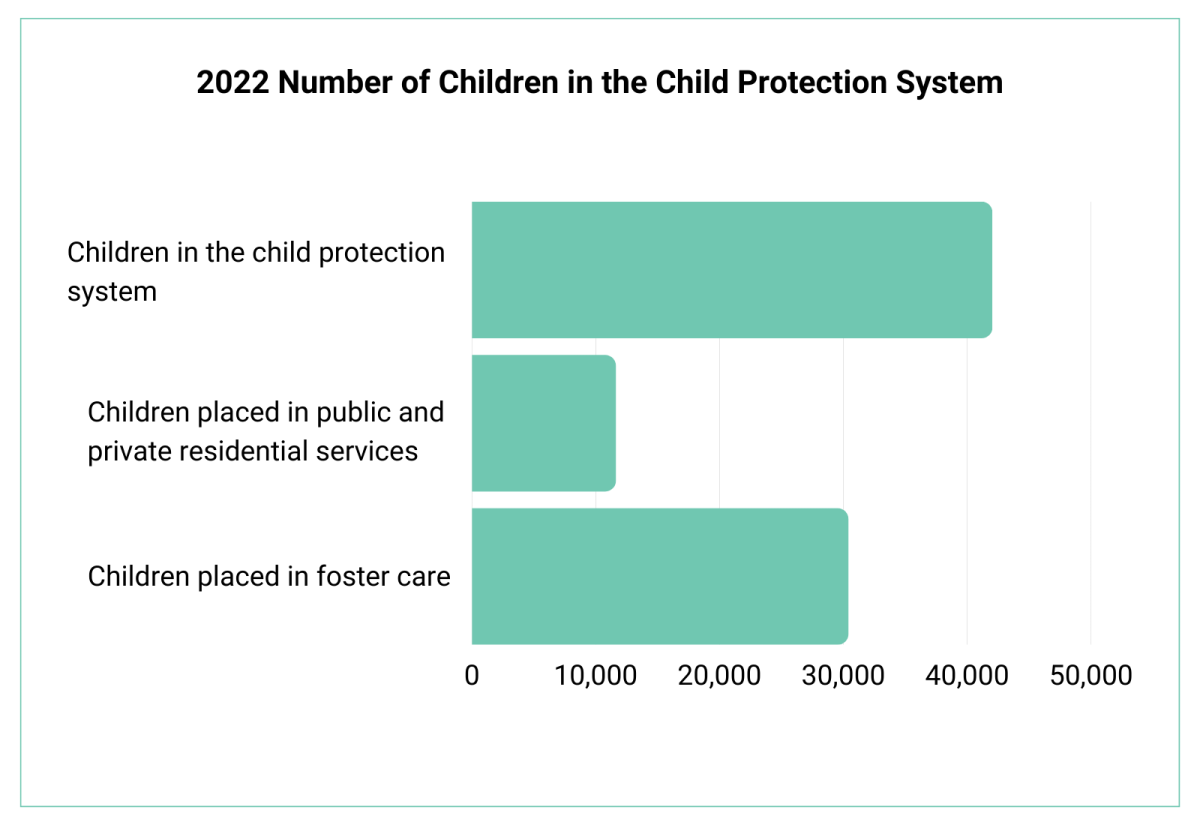RECOMMENDATION
Establish counselling and support centres.
Together with housing support, put in place counselling and support centres to effectively address the multifaceted needs of persons impacted by domestic violence.
SOCIAL SERVICES POLICY AND LEGAL FRAMEWORK
There is no overarching social services law, but the following legislation includes social services-related provisions across specific sectors:
- Law No. 292/2011 provides the overarching framework for financing and organising national social assistance.
- Decision No. 1492/2022 of December 14, 2022, led to the approval of the National Strategy on long-term care and active ageing for the period 2023 – 2030.
- National Strategy on Social Inclusion and Poverty Reduction for the period 2022-2027
- Order 1086/2018 set up an annual action plan in relation to social services management and financing from the budget of the county council/local council.
Main Agencies
The Ministry of Labour and Social Solidarity, specifically the Directorate of Social Services and Policies, alongside the National Agency for Payments and Social Inspection, holds the responsibility for licensing social services and ensuring compliance with minimum quality standards.
- At local level, social services are overseen by SPAS/DAS (Public Social Services) operating within the community.
- Each county has a General Directorate for Social Work and Child Protection (DGASPC) except Bucharest, which is divided into 6 districts, with each district having a Directorate, and a city General Directorate.
- At national level, the Ministry of Labour and Social Solidarity is responsible for social services coordination with its agencies, as well as the Ministry of Family, Youth and Equal Opportunities and its associated agencies.
SOCIAL SERVICES INVESTMENT
In 2021, social protection expenditure amounted to 13.3% of GDP.
Long-Term Care
Residential care
There is no data on persons being assessed as having the right to access residential care or home care.
In 2022, the number of residential care centres for older persons was 709 and the number of residential care centres and health and -social support for older people with long-term conditions was 76.
According to 2020 data, the number of publicly financed places in residential facilities was 25,373.
Day Centres
In 2022, the number of publicly financed places in day centres was 166.
Support Services for People with Disabilities
According to 2022 data, most residential facilities for people with disabilities (86.7%) are distributed as follows:
- care and support residential centres (37.70%), with 7,580 beneficiaries,
- protected housing (31.45%) with 1,079 beneficiaries,
- empowerment and rehabilitation centres (17.54%) with 3,114 beneficiaries.
They represent 71.71% of the total number of 16,418 persons with disabilities who live in residential care facilities.
A significant number of people (3,140) live in 29 neuropsychiatric rehabilitation centres (19.13% of the total number of facilities).
Minimum Income Schemes
According to 2021 data, the number of people in poverty was 4,318 thousand people (22.6%).
In 2022, 159,126 persons were minimum income scheme beneficiaries, a reduction from the preceding year, when the figure was 165,425.
Child Protection Services
According to 2022 data, 42,029 children were in the child protection system (residential, family-type homes, foster families) Of the total, 11,629 children were placed in public and private residential services, while 30,400 were in foster care.

Services for Female Victims of Violence
According to 2019 data, 14,074 women were supported by domestic violence services (the total number of women in Romania is 9,814,000).
According to 2020 data, there were 784 accommodation places available for women experiencing domestic violence. Among these, 711 accommodation places were in licensed centres specifically designated for victims of domestic violence, and 73 accommodation places were in licensed centres that catered to mothers and children, often referred to as maternity centres.
Services for Homeless People
According to 2021 data, the total number of homeless persons in Romania amounted to 2,601. There are no data available on the number of accommodation places.

